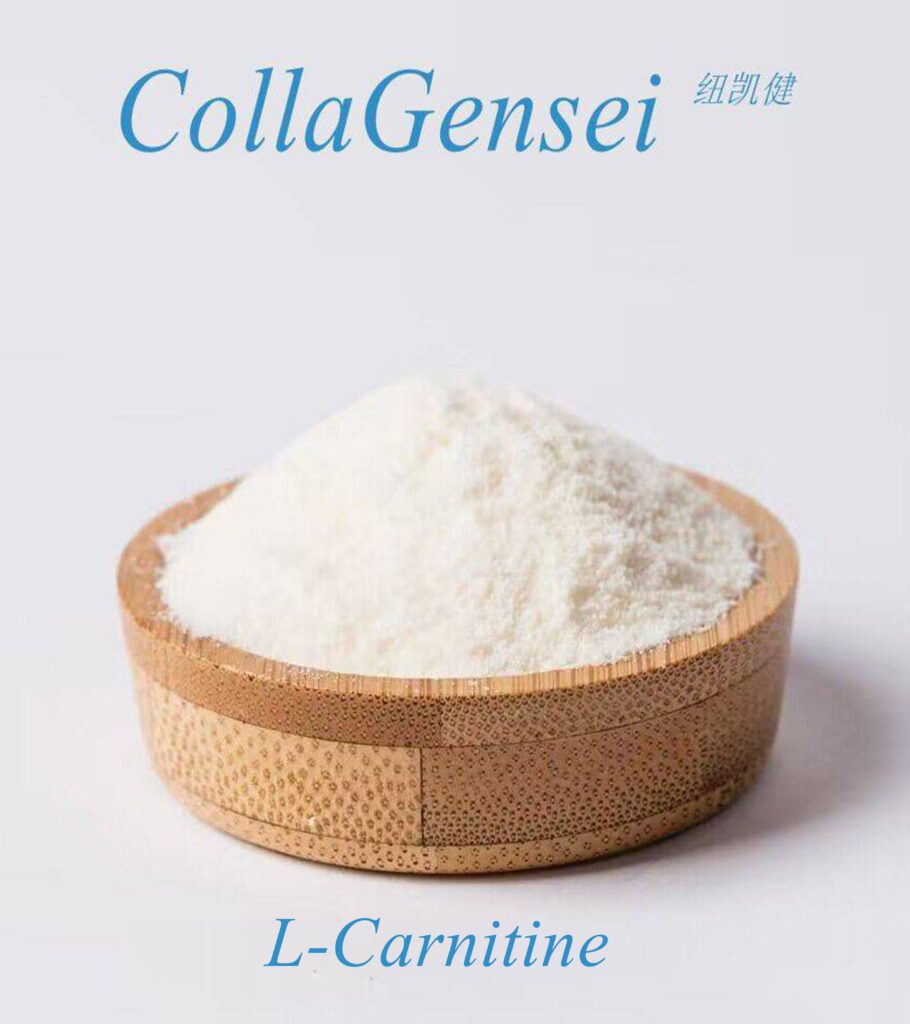Introduction
In nutritional supplements and functional foods, peptides and collagens have garnered significant attention for their health-promoting properties. Soybean peptides and fish collagen are two prominent options, each deriving from different sources and offering unique benefits. This article thoroughly compares soybean peptides and fish collagen, examining their origins, nutritional profiles, health benefits, mechanisms of action, and potential applications.
Soyean Peptide: Origin and Composition
Soybean peptides are derived from soybeans (Glycine max), a legume widely consumed for its high protein content. Through enzymatic hydrolysis or fermentation processes, soybean proteins are broken down into smaller peptide fragments, which retain significant biological activity.
1. Nutritional Profile
Soybean peptides come from soy protein, a complete protein source containing all essential amino acids. They are particularly rich in amino acids like leucine, isoleucine, and valine, which are crucial for muscle repair and growth. Soybean peptides offer additional health benefits through their bioactive components, including antioxidants and anti-inflammatory agents.
2. Bioactive Components
Soybean peptides exhibit various bioactive properties. They have been shown to possess antioxidant, antihypertensive, and anti-inflammatory effects. These peptides can scavenge free radicals, reduce blood pressure, and decrease inflammation, contributing to overall health and wellness. Soybean peptides are also known for their potential role in supporting metabolic health and enhancing immune function.
Fish Collagen: Origin and Composition
Fish collagen is extracted from the connective tissues of fish, such as skin, scales, and bones. It is processed through hydrolysis to produce collagen peptides, smaller, more digestible collagen fragments.
1. Nutritional Profile
Fish collagen is rich in specific amino acids, including glycine, proline, and hydroxyproline, which are critical for synthesizing and maintaining connective tissues. These highly bioavailable peptides support various aspects of health, including skin elasticity, joint health, and bone strength.
2. Bioactive Components
Fish collagen peptides are known for their efficacy in promoting skin health and joint function. They have been shown to improve skin hydration and elasticity and reduce wrinkles. Additionally, fish collagen supports joint health by aiding in the repair and maintenance of cartilage and reducing joint pain and inflammation.
Comparative Analysis: Soybean Peptides vs. Fish Collagen
1. Source and Sustainability
– Soybean Peptides: Soybeans are a significant crop with widespread cultivation, making soybean peptides relatively sustainable. The production of soybean peptides is generally considered environmentally friendly, especially compared to animal-based products.
– Fish Collagen: The sustainability of fish collagen varies depending on the sourcing practices. Collagen extracted from responsibly managed fisheries or aquaculture is more sustainable, but concerns exist over overfishing and environmental impact in some cases.
2. Health Benefits
– Soybean Peptides: Soybean peptides offer several health benefits, including antioxidant, antihypertensive, and anti-inflammatory effects. They are precious for supporting cardiovascular health, managing blood pressure, and reducing oxidative stress. Additionally, soybean peptides may support muscle growth and repair.
– Fish Collagen: Fish collagen is primarily known for its benefits in skin health, joint support, and bone strength. It enhances skin hydration and elasticity and reduces wrinkles. For joints, fish collagen aids in cartilage repair and reduces joint pain, contributing to improved mobility and function.
3. Digestibility and Bioavailability
– Soybean Peptides: Soybean peptides are highly digestible and bioavailable. They are efficiently absorbed by the body, making them a good source of plant-based protein. The bioactive peptides derived from soybeans can contribute to various health benefits, including metabolic support and immune enhancement.
– Fish Collagen: Fish collagen peptides are also highly bioavailable due to their small size and hydrolysis process. They are easily absorbed and utilized by the body, which enhances their effectiveness in promoting skin health, joint function, and connective tissue repair.
4. Potential Applications
– Soybean Peptides: Soybean peptides are commonly used in dietary supplements, functional foods, and sports nutrition products. They are incorporated into protein powders, meal replacements, and energy bars. Their antioxidant and antihypertensive properties make them valuable for products aimed at cardiovascular health and overall wellness.
– Fish Collagen: Fish collagen is utilized in various products, including collagen powders, capsules, and skincare formulations. It is trendy in products targeting skin health, anti-aging, and joint support. Fish collagen is also in functional foods designed to improve skin elasticity and joint comfort.
Scientific Evidence and Research
1. Soybean Peptides
Research has demonstrated the efficacy of soybean peptides in various health aspects. Studies have shown that soybean peptides can reduce blood pressure, enhance antioxidant defenses, and improve metabolic health. Clinical trials have supported their role in muscle protein synthesis and recovery, making them a valuable supplement for athletes and individuals seeking cardiovascular and metabolic support.
2. Fish Collagen
Extensive research supports the benefits of fish collagen in promoting skin and joint health. Clinical studies have shown that fish collagen supplementation can improve skin hydration and elasticity and reduce wrinkles. Additionally, fish collagen has been shown to alleviate joint pain and support cartilage repair, making it a popular choice for joint health supplements.
Safety and Considerations
1. Soybean Peptides
Soybean peptides are generally safe for most people. However, individuals with soy allergies should avoid soybean-based products. Choosing high-quality soybean peptide supplements is essential to prevent contamination with allergens or other harmful substances.
2. Fish Collagen
Fish collagen is safe for most individuals, but those with fish allergies should avoid it. As with any supplement, selecting fish collagen products from reputable sources is essential to ensure purity and sustainability. Additionally, the environmental impact of fish collagen production should be considered, and products should be sourced from responsibly managed fisheries.
Conclusion
Both soybean peptides and fish collagen offer distinct benefits and applications in dietary supplements and functional foods. Soybean peptides provide a plant-based protein source with antioxidant, antihypertensive, and anti-inflammatory properties, supporting cardiovascular health, muscle repair, and overall wellness. Fish collagen promotes skin health, reduces wrinkles, and supports joint function through its bioactive collagen peptides.
When choosing between these options, dietary preferences, specific health goals, and sustainability should guide the decision. Soybean peptides are ideal for those seeking a plant-based protein with a broad range of health benefits, while fish collagen is suitable for those focused on improving skin elasticity and joint health.
As research continues to uncover the full spectrum of benefits for soybean peptides and fish collagen, consumers can make informed choices based on their needs and preferences. Both supplements have demonstrated the potential to enhance overall health and well-being, making them valuable additions to a balanced diet and health regimen.




